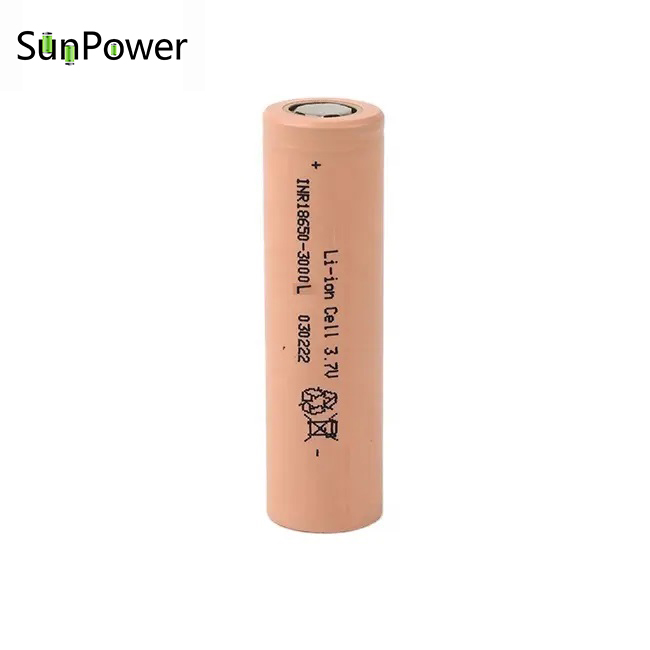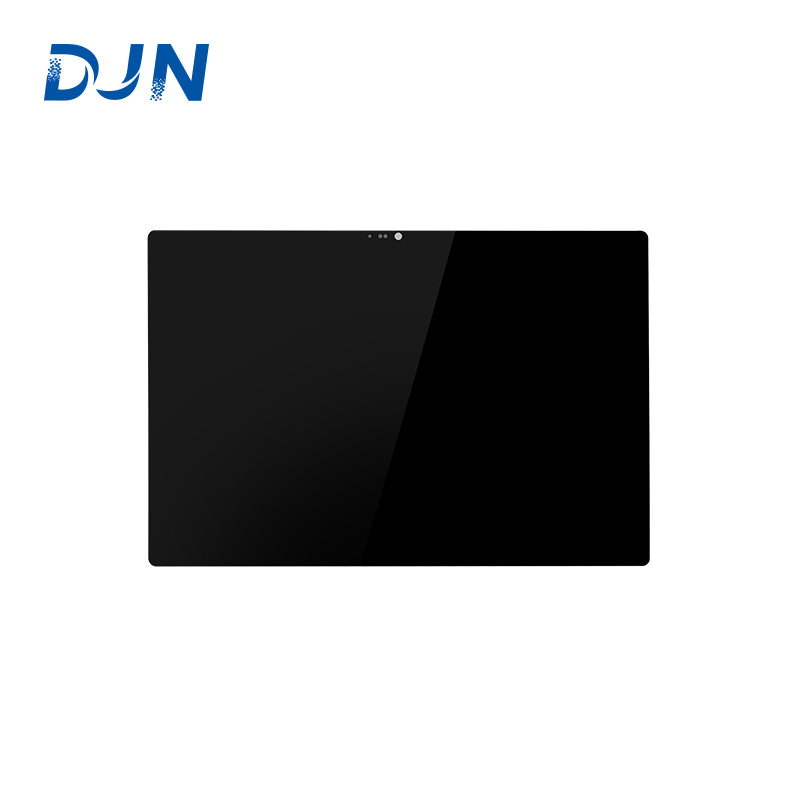
PC hollow sheets, often known as polycarbonate hollow sheets, are gaining popularity across various industries for their unique properties and versatile applications. These sheets offer a range of benefits, from durability and insulation to lightweight design and ease of installation. In this comprehensive guide, we will delve into what Hollow Sheet Polycarbonate are, their advantages, common uses, and answer frequently asked questions to help you make an informed decision.
What Are PC Hollow Sheets?
PC hollow sheets are made from polycarbonate, a high-performance thermoplastic polymer known for its strength and durability. Unlike solid polycarbonate sheets, hollow sheets feature a core structure with internal air spaces, creating a honeycomb or multi-chamber pattern. This design enhances their thermal insulation and reduces weight, making them an excellent choice for various applications.
Key Benefits of PC Hollow Sheets
- Lightweight: One of the most significant advantages of PC hollow sheets is their lightweight nature. The hollow core structure reduces the overall weight of the sheets while maintaining strength and durability. This makes them easier to handle and install compared to solid sheets.
- High Impact Resistance: Polycarbonate is known for its high impact resistance. PC hollow sheets can withstand significant force and impact without cracking or breaking, making them suitable for applications where durability is crucial.
- Thermal Insulation: The hollow core design provides excellent thermal insulation. The air pockets within the sheets act as insulating barriers, helping to regulate temperature and reduce heat transfer. This property makes PC hollow sheets ideal for use in buildings and greenhouses.
- UV Protection: PC hollow sheets often come with a UV-resistant coating that protects against harmful ultraviolet rays. This coating helps to prevent yellowing and degradation, ensuring the sheets maintain their clarity and appearance over time.
- Transparency and Light Diffusion: PC hollow sheets are available in various levels of transparency. They can transmit natural light while diffusing it evenly, reducing glare and creating a pleasant indoor environment.
- Energy Efficiency: Due to their insulating properties, PC hollow sheets can contribute to energy efficiency in buildings. They help to reduce heating and cooling costs by minimizing heat loss and gain.
- Ease of Fabrication: PC hollow sheets are easy to cut, drill, and shape. This flexibility allows for custom designs and adaptations to suit specific project needs.
Common Applications of PC Hollow Sheets
- Greenhouses: Hollow Polycarbonate Sheet are widely used in greenhouse construction due to their excellent light transmission and thermal insulation properties. They help create a controlled environment for plants by maintaining consistent temperatures and protecting against harsh weather conditions.
- Skylights and Roofing: The lightweight and impact-resistant nature of PC hollow sheets makes them a popular choice for skylights and roofing applications. They provide natural light while offering protection from the elements.
- Partition Walls: In commercial and residential settings, PC hollow sheets are used for partition walls. Their transparency and light diffusion qualities create open, airy spaces while providing privacy.
- Facade Panels: For modern architectural designs, PC hollow sheets are used as facade panels. They offer a sleek, contemporary appearance while delivering functional benefits such as insulation and weather resistance.
- Signs and Displays: PC hollow sheets are used in signage and display applications due to their clarity and ease of fabrication. They can be customized with graphics and text for effective communication and branding.
- Safety Shields: In industrial environments, PC hollow sheets are used to create safety shields and barriers. Their high impact resistance provides protection for workers and equipment.
- Outdoor Structures: PC hollow sheets are also used in the construction of outdoor structures such as pergolas and canopies. Their weather resistance and UV protection ensure longevity and durability.
Installation and Maintenance
Installation: Installing PC hollow sheets involves a few key steps. Begin by measuring and cutting the sheets to the required size. Use a saw or other cutting tools suitable for polycarbonate. Ensure the sheets are properly aligned and secure them in place using appropriate fasteners or mounting systems. For roofing applications, proper sealing and flashing are essential to prevent water infiltration.
Maintenance: PC hollow sheets are relatively low maintenance. Regular cleaning with a mild soap solution and water will keep the sheets looking clear and free of debris. Avoid using abrasive cleaners or solvents that could damage the surface. Inspect the sheets periodically for any signs of damage or wear and address any issues promptly.
Conclusion
PC hollow sheets offer a range of benefits, including lightweight design, durability, thermal insulation, and UV protection. Their versatility makes them suitable for various applications, from greenhouses and roofing to signage and safety shields. By understanding their advantages and proper usage, you can make an informed decision on whether PC hollow sheets are the right choice for your next project.
If you have further questions or need assistance with Polycarbonate Hollow Sheet, consult with suppliers or industry experts who can provide guidance tailored to your specific needs.
Frequently Asked Questions (FAQs)
1. What is the difference between PC hollow sheets and solid polycarbonate sheets?
PC hollow sheets feature a core structure with internal air spaces, which provides better thermal insulation and reduces weight. Solid polycarbonate sheets, on the other hand, are fully solid and offer greater impact resistance but are heavier. The choice between the two depends on the specific requirements of the application.
2. Can PC hollow sheets be used in extreme weather conditions?
Yes, PC hollow sheets are designed to withstand various weather conditions, including extreme temperatures, rain, and UV exposure. They are UV-resistant and can maintain their performance and appearance over time.
3. How do PC hollow sheets contribute to energy efficiency?
PC hollow sheets contribute to energy efficiency by providing excellent thermal insulation. Their hollow core design reduces heat transfer, helping to maintain stable indoor temperatures and reduce heating and cooling costs.
4. Are PC hollow sheets suitable for use in residential applications?
Yes, PC hollow sheets are suitable for a range of residential applications, including skylights, roofing, and partition walls. Their lightweight, insulating, and light-diffusing properties make them a versatile choice for home improvement projects.





